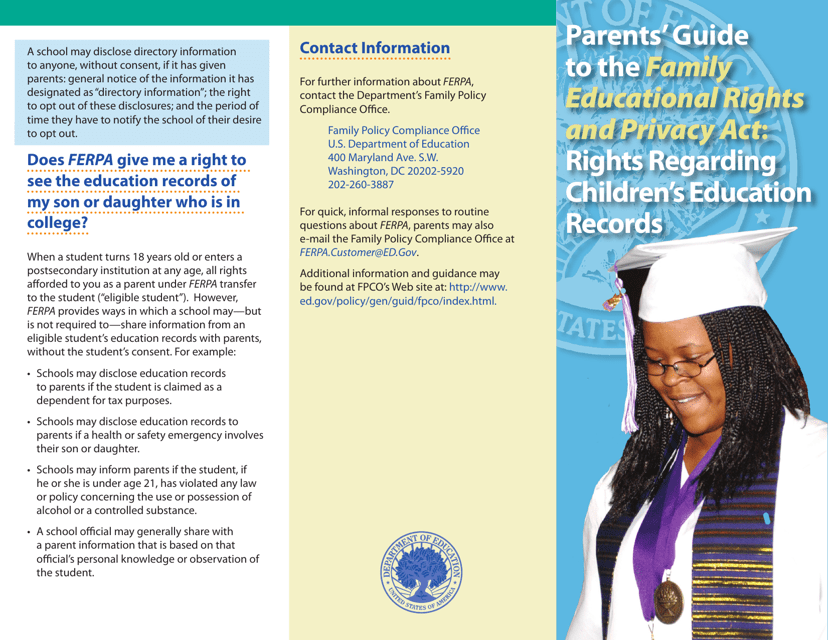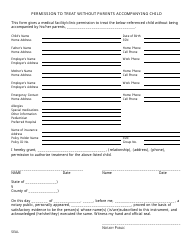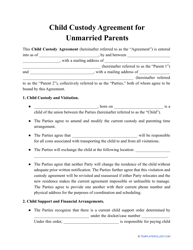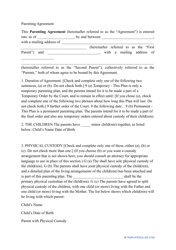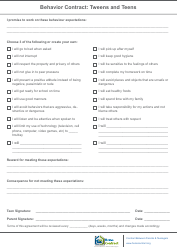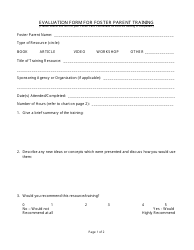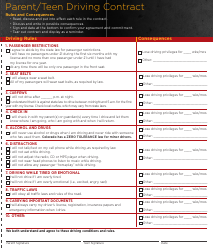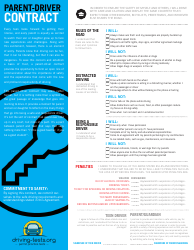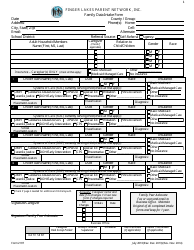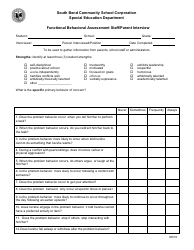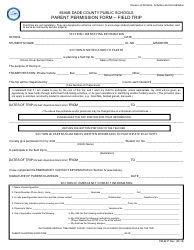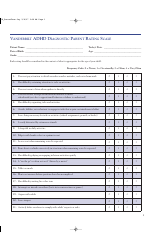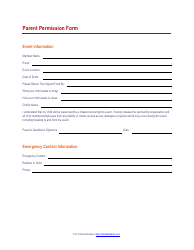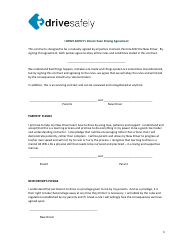Parents' Guide to the Family Educational Rights and Privacy Act: Rights Regarding Children's Education Records
Parents' Guide to the Family Educational Rights and Privacy Act: Rights Regarding Children's Education Records is a 2-page legal document that was released by the U.S. Department of Education and used nation-wide.
FAQ
Q: What is the Family Educational Rights and Privacy Act (FERPA)?
A: FERPA is a federal law that protects the privacy of students' education records.
Q: What rights do parents have under FERPA?
A: Parents have the right to access and review their child's education records, request that the records be amended if they believe they are inaccurate or misleading, and control the disclosure of their child's information.
Q: What are education records under FERPA?
A: Education records are any records that are directly related to a student and maintained by an educational agency or institution.
Q: Can parents request changes to their child's education records?
A: Yes, parents have the right to request that inaccuracies or misleading information in their child's education records be amended.
Q: Can parents control the disclosure of their child's information?
A: Yes, parents have the right to consent to the disclosure of their child's information, except in certain circumstances.
Q: Do parents have the right to access their child's grades?
A: Yes, parents generally have the right to access their child's grades under FERPA.
Q: What can parents do if they believe their child's rights under FERPA have been violated?
A: Parents can file a complaint with the U.S. Department of Education if they believe their child's rights under FERPA have been violated.
Q: Does FERPA protect the privacy of college students?
A: Yes, FERPA protects the privacy of college students and gives them certain rights regarding their education records.
Q: Are there any exceptions to FERPA's consent requirement?
A: Yes, there are several exceptions to FERPA's consent requirement, such as for school officials with legitimate educational interests and in cases of health or safety emergencies.
Q: Can parents access their child's education records after they turn 18?
A: No, once a student turns 18 or attends a postsecondary institution, the rights transfer to the student and parents no longer have automatic access to the student's education records.
Form Details:
- The latest edition currently provided by the U.S. Department of Education;
- Ready to use and print;
- Easy to customize;
- Compatible with most PDF-viewing applications;
- Fill out the form in our online filing application.
Download a printable version of the form by clicking the link below or browse more legal forms and templates provided by the issuing department.
